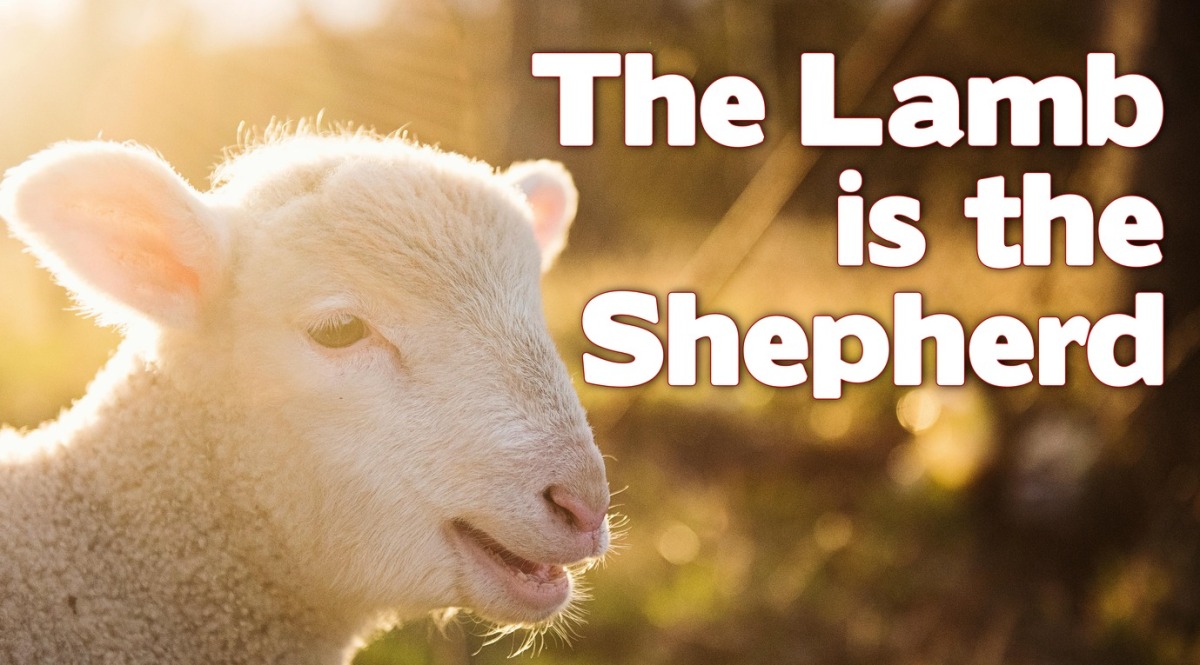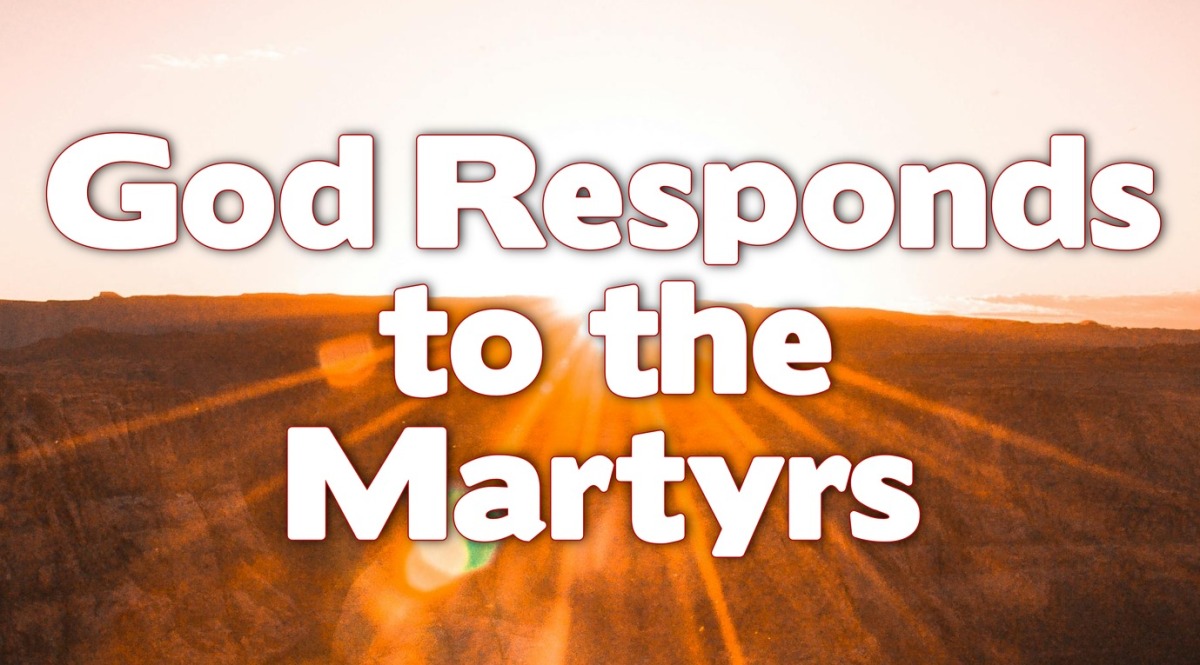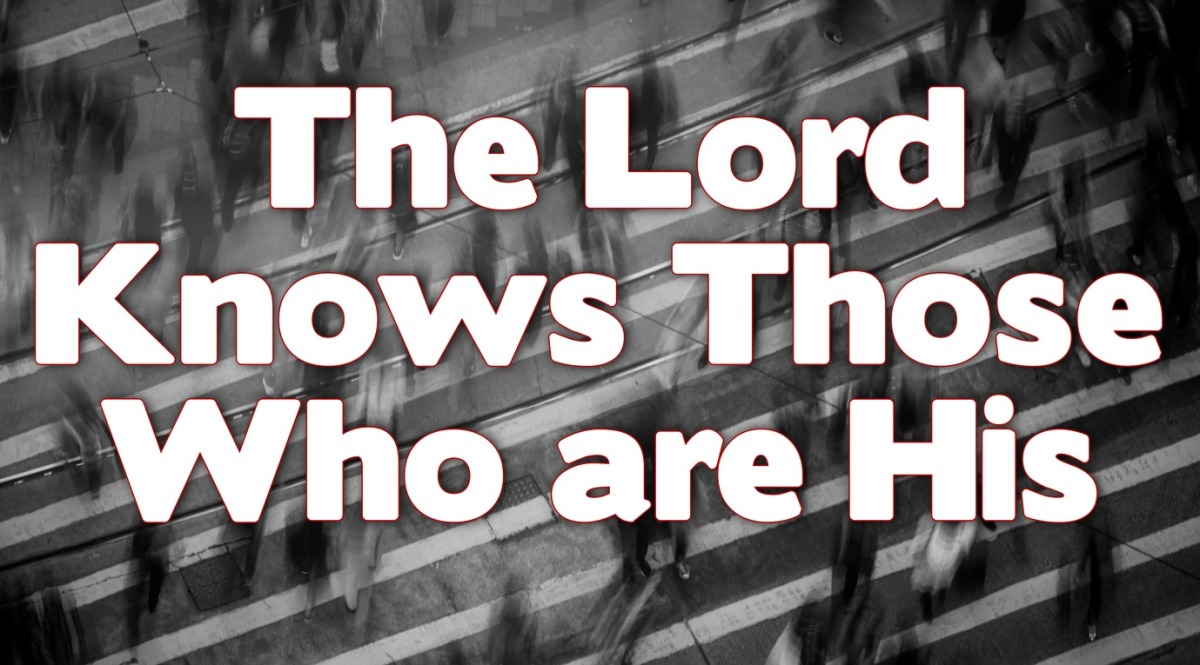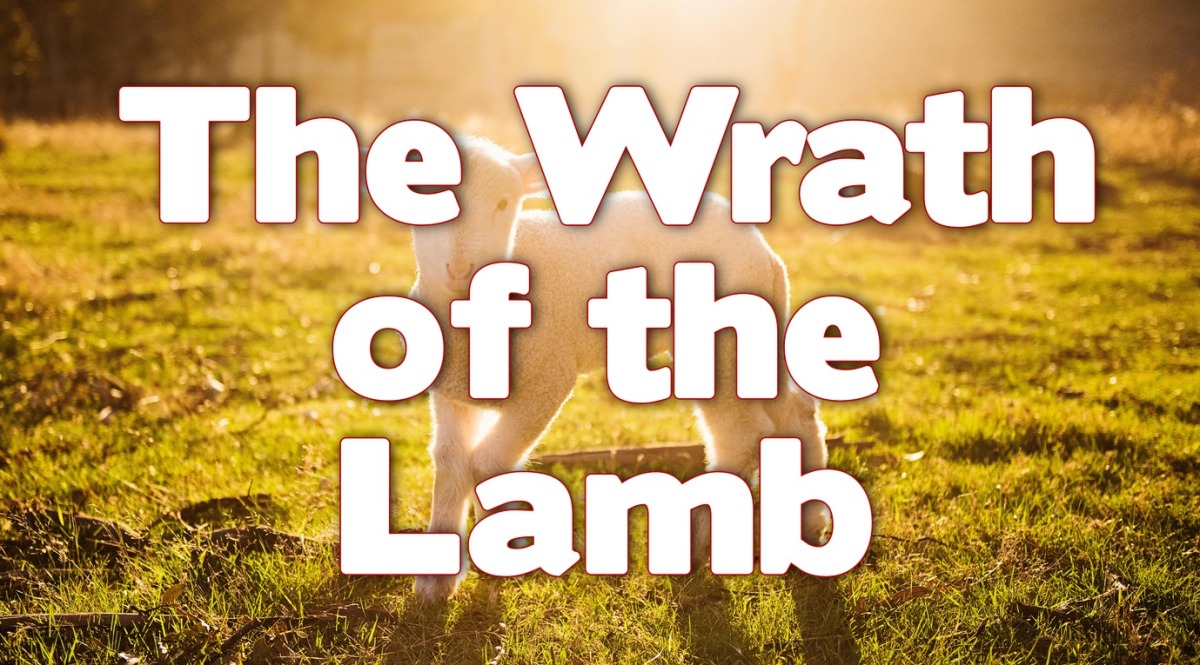Today’s reading is Revelation 7.
In John 1:29, John the Baptizer saw Jesus after His baptism and declared:
Behold, the Lamb of God, who takes away the sin of the world! (ESV)
In John 4:14, Jesus told the Samaritan woman at the well:
Whoever drinks of the water that I will give him will never be thirsty again. That water that I will give him will become in him a spring of water welling up to eternal life (ESV).
In John 6:27, Jesus told the crowds coming to be fed:
Do not work for the food that perishes, but for the food that endures to eternal life, which the Son of Man will give to you. For on him God the Father has set his seal (ESV).
And then again in John 6:35, 47-51a:
I am the bread of life; whoever comes to me shall not hunger, and whoever believes in me shall never thirst…Truly, truly, I say to you, whoever believes has eternal life. I am the bread of life. Your fathers ate the manna in the wilderness, and they died. This is the bread that comes down from heaven, so that one may eat of it and not die. I am the living bread that came down from heaven. I anyone eats this bread, he will live forever (ESV).
And finally, in John 10:11-16:
I am the good shepherd. The good shepherd lays down his life for the sheep. He who is a hired hand and not a shepherd, who does not own the sheep, sees the wolf coming and leaves the sheep and flees, and the wolf snatches them and scatters them. He flees because he is a hired hand and cares nothing for the sheep. I am the good shepherd. I know my own and my own know me, just as the Father knows me and I know the Father; and I lay down my life for the sheep. And I have other sheep that are not of this fold. I must bring them also, and they will listen to my voice. So there will be one flock, one shepherd (ESV).
Now, in victory, we see the flock of Jesus Christ and the elder’s description of these who have staid faithful even unto death in Revelation 7:15-17:
Therefore they are before the throne of God, and serve him day and night in his temple; and he who sits on the throne will shelter them with his presence. They shall hunger no more, neither thirst anymore; the sun shall not strike them, nor any scorching heat. For the Lamb in the midst of the throne will be their shepherd, and he will guide them to springs of living water, and God will wipe away every tear from their eyes (ESV).
Jesus promised. And Jesus provides.
Tribulation and persecution may come in the interim. War, famine, death, and hades may seem to hold sway in the interim. The conquering King may appear to be losing in the interim. But Jesus always wins and Jesus always provides what He promised if we will let Him shepherd us, if we will simply listen to His voice no matter what else is going on around us.
He is the Lamb. He is the Lion. He is the King. He is the Shepherd. He is the Savior. Praise the Lord!
Next week’s reading is Revelation 8.
PODCAST!!!
PATHS:
Discuss Today’s Meditation with Your Family
What do you want to share with others from Revelation 7?










